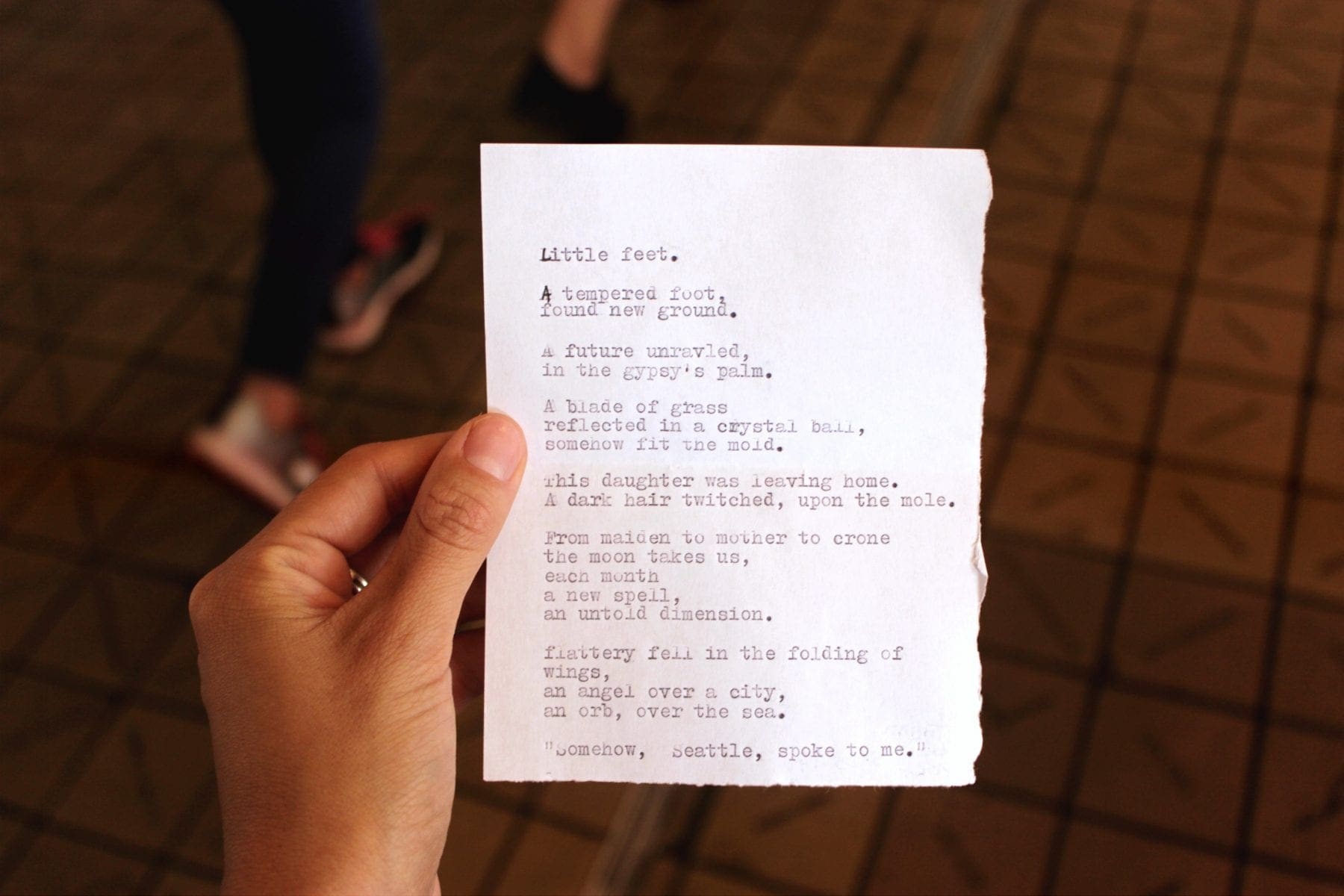You’ve already survived English Lit and your prose style is free-form… does meter even matter to you? (It should, and here’s why.)
Meter. noun. poetic measure; arrangement of words in regularly measured, patterned, or rhythmic lines or verses.
From Dictionary.com’s entry for meter.
When it comes to writing poetry, you can be as rebellious with your wordsmithing as you’d like, but there’s a sensibility in writing that rings true even for today’s
Meter falls into this category of understanding. The poetic meter of your work will impact not just the cadence of your piece as others read it, but also the way in which you speak it out loud in performances. It sets the pattern to which you pace your breaths, pauses, line breaks.
The math here is simple: Feet are the units of rhythm. You put them together to form a pattern, and that’s your meter. Rhythm itself as a technical term is the alternation of stressed and unstressed syllables.
How do you know what your stressed vs. unaccented syllables will be? No worries– feet have you covered.
Meter (and feet, poetic units of rhythm) is what gives your poetry its character. It’s the difference between a hard staccato and a breathy whisper of language. You don’t have to adhere to the rigid structures of the iambic pentameter to appreciate the difference of pacing that paying attention to
Photo by Sarah Brink on Unsplash













